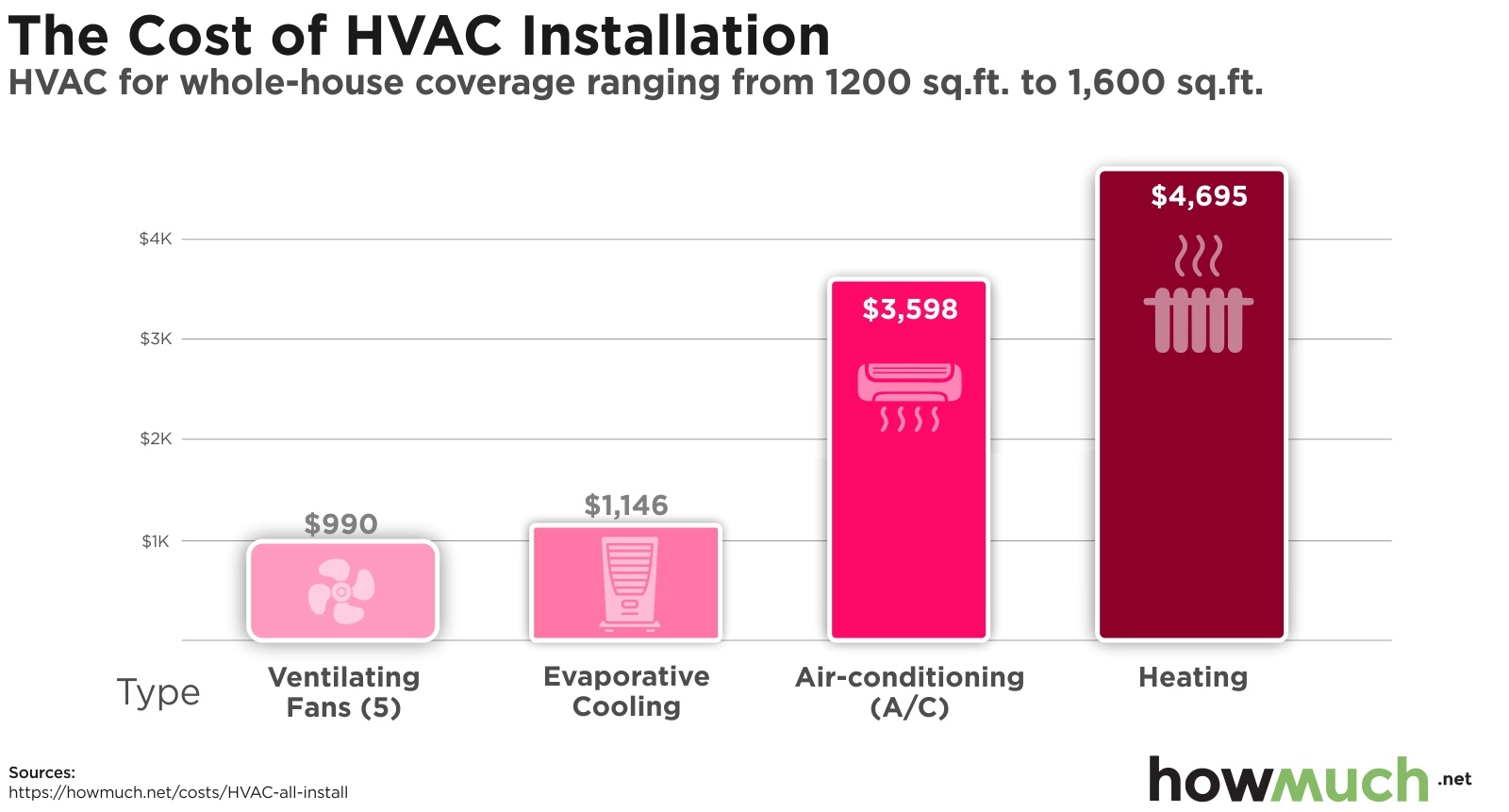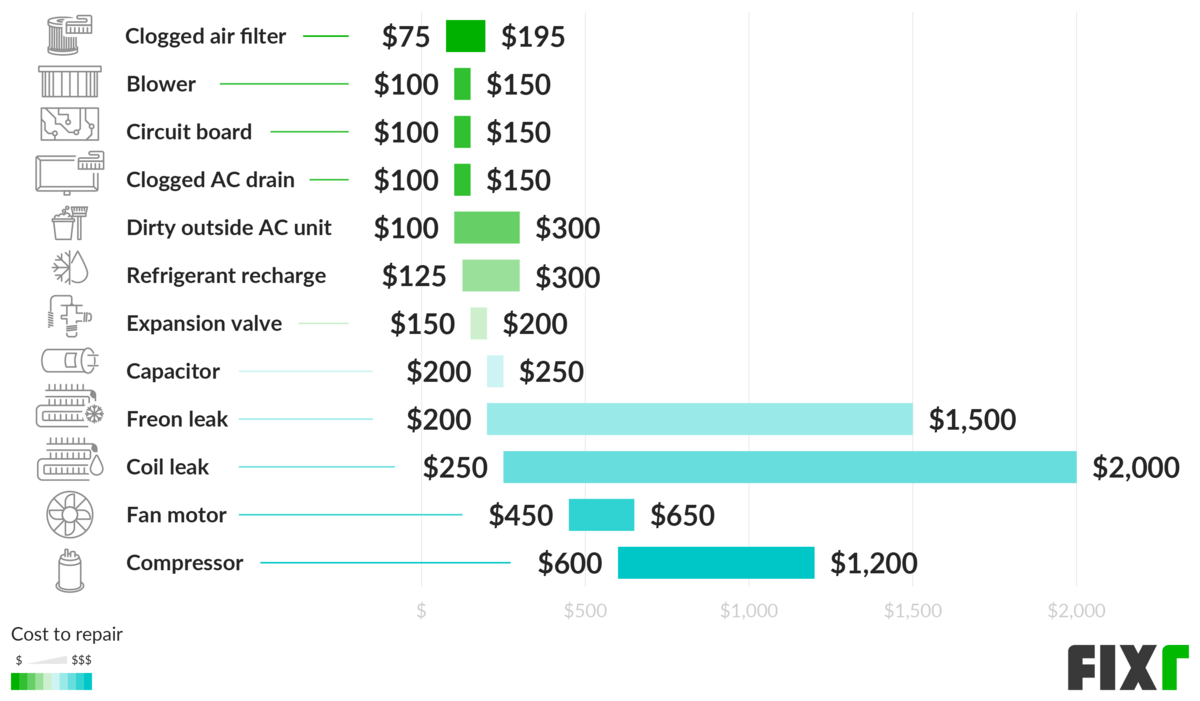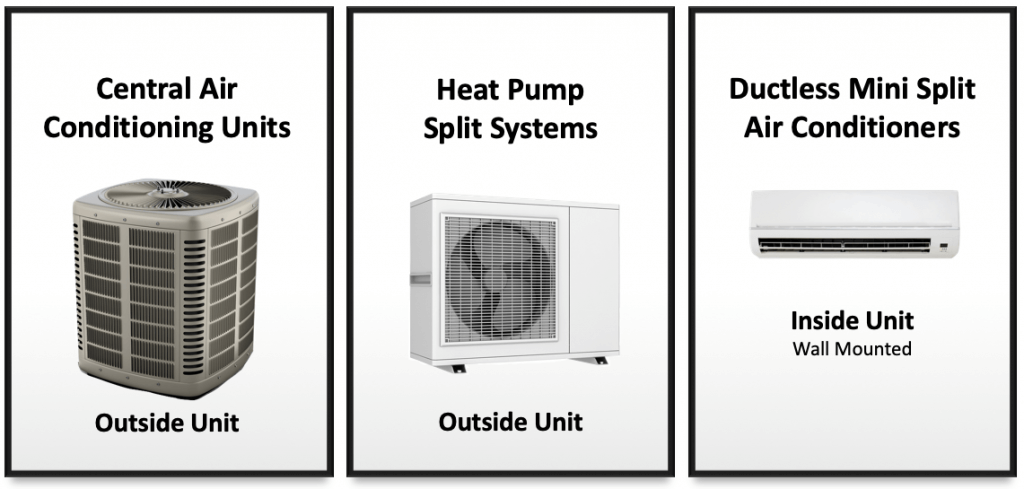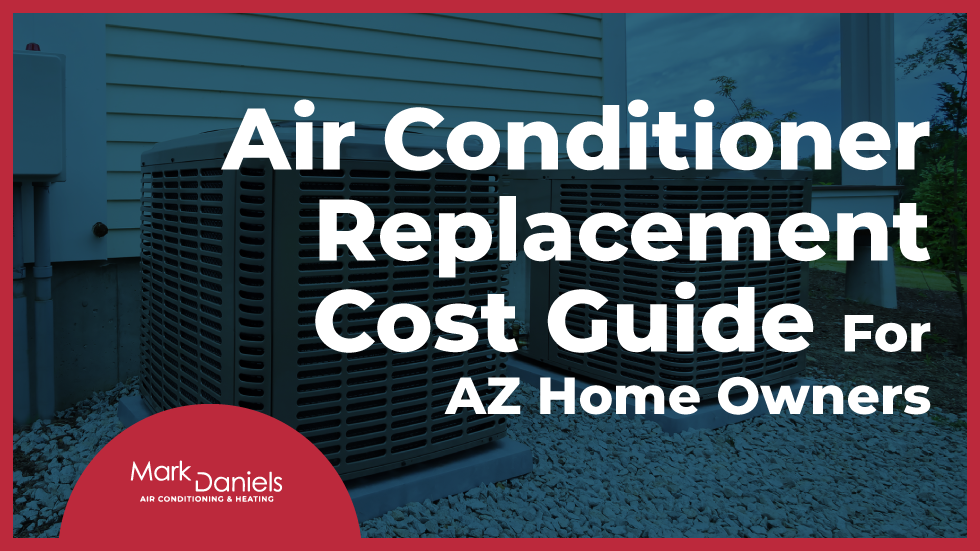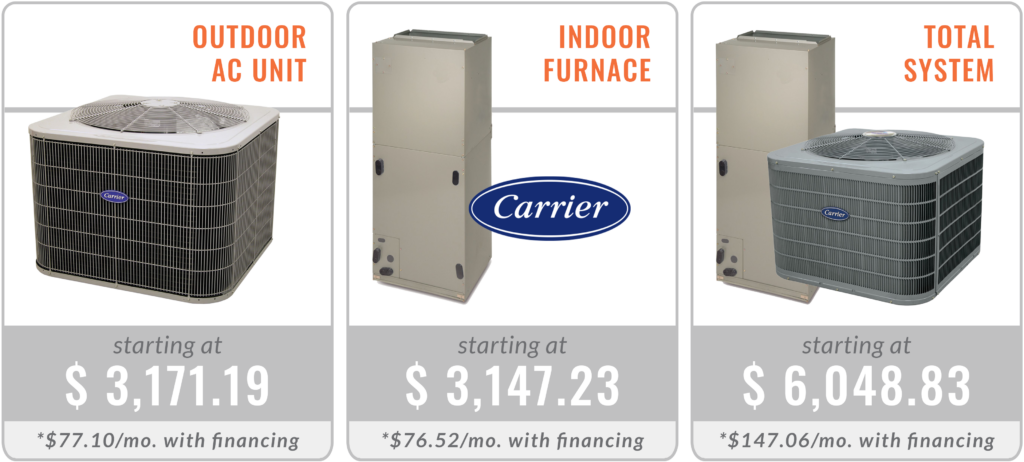Average Price To Replace Air Conditioner
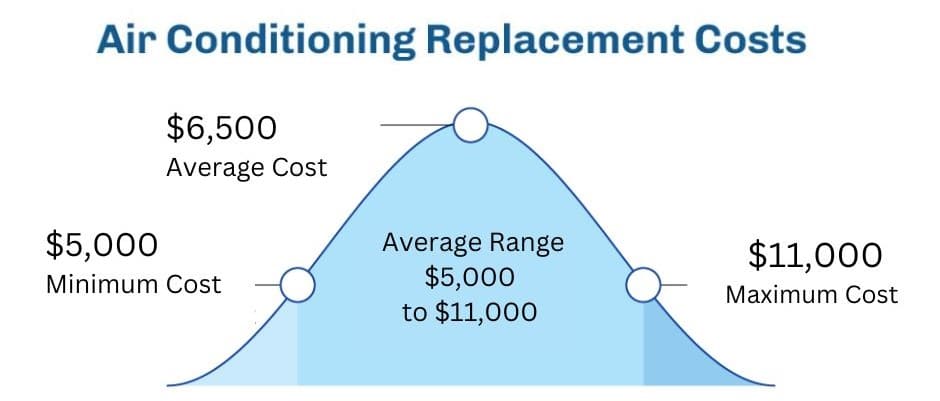
Replacing an air conditioner is a significant investment. Understanding the costs involved, the factors that influence pricing, and how to navigate the process can save you money and ensure you get the right system for your needs. This guide will walk you through everything you need to know about the average price to replace your air conditioner.
What's the Average Cost to Replace an Air Conditioner?
The average cost to replace an air conditioner typically ranges from $4,000 to $12,000. This broad range is due to several factors that we'll explore in detail. However, it's important to remember that this is just an average, and the actual price can vary significantly depending on your specific situation.
This cost generally includes the price of the new unit, labor costs for installation, removal and disposal of the old unit, and any necessary modifications to ductwork or electrical systems. Getting multiple quotes from different HVAC contractors is crucial for getting an accurate estimate for *your* specific needs.
Factors Influencing the Price of AC Replacement
Several factors contribute to the overall cost of replacing your air conditioner. Understanding these factors will empower you to make informed decisions and potentially save money.
1. Size and Type of AC Unit
The size of your air conditioner is measured in BTUs (British Thermal Units). BTUs indicate the amount of heat the unit can remove from a room per hour. A larger home requires a unit with a higher BTU rating, which will naturally cost more. Think of it like this: a small apartment needs a small engine car, while a large SUV needs a powerful engine; similarly, a small house needs a smaller AC unit, and a large house needs a bigger one.
Different types of AC units also affect the price. Here's a breakdown:
* Central Air Conditioning: The most common type, central air systems cool an entire home through a network of ducts. These are generally more expensive to install than window units but are more efficient and provide more consistent cooling. * Ductless Mini-Split Systems: These systems consist of an outdoor compressor and one or more indoor air handlers mounted on walls. They are ideal for homes without existing ductwork or for cooling specific zones. They can be more expensive to install than central air, especially with multiple indoor units. * Window Units: The least expensive option, window units cool a single room. While they are easy to install, they are less efficient and less effective at cooling larger spaces. * Portable Air Conditioners: Similar to window units, but they are on wheels and vent through a window. They are also less efficient than central AC.2. SEER Rating and Energy Efficiency
SEER (Seasonal Energy Efficiency Ratio) measures the cooling efficiency of an air conditioner. The higher the SEER rating, the more efficient the unit, and the lower your energy bills will be. Think of SEER like miles per gallon in a car; the higher the MPG, the less you spend on gas. Current federal regulations require new AC units to have a minimum SEER rating of 14 or 15, depending on the region.
Higher SEER ratings often come with a higher upfront cost, but the long-term energy savings can outweigh the initial investment. Consider your local climate and how frequently you use your AC when deciding on a SEER rating.
3. Labor Costs and Installation Complexity
Labor costs can vary depending on the HVAC contractor you choose and the complexity of the installation. Factors that can increase labor costs include:
* Removal and Disposal of the Old Unit: Proper disposal of refrigerant and the old unit requires specialized equipment and knowledge. * Ductwork Modifications or Repairs: If your existing ductwork is damaged, inefficient, or not properly sized for the new unit, modifications or repairs will be necessary. * Electrical Work: The new AC unit may require electrical upgrades, such as a new circuit breaker or wiring. * Accessibility: If the outdoor unit is difficult to access, or if the indoor unit is in a tight space, the installation process will be more complex and time-consuming. * Permits: Many locations require permits for HVAC installation. The cost of the permit is generally passed to you by the contractor.Getting quotes from multiple contractors will help you compare labor costs and ensure you're getting a fair price. Ask for a detailed breakdown of the installation costs to understand what you're paying for.
4. Brand and Features
Different brands of air conditioners have varying reputations for quality, reliability, and features. Well-known brands like Carrier, Trane, Lennox, and Rheem often come with a higher price tag but may offer better warranties and longer lifespans.
Additional features, such as smart thermostats, zoning capabilities, and advanced filtration systems, can also increase the cost of the AC unit.
5. Refrigerant Type
The type of refrigerant used in your air conditioner can impact the cost of replacement and future repairs. Older AC units used R-22 refrigerant (Freon), which is being phased out due to its environmental impact. Newer units use R-410A refrigerant, which is more environmentally friendly. However, R-410A is also being phased down in favor of even more environmentally friendly refrigerants like R-32 and HFO blends.
If you have an older unit that uses R-22, replacing it with a newer model that uses R-410A or a newer refrigerant is highly recommended, as R-22 is becoming increasingly expensive and difficult to obtain. Think of refrigerant as the 'blood' of your AC system, carrying heat from inside to outside. If the "blood" supply is drying up, it's time for a new system.
6. Geographic Location
The cost of AC replacement can also vary depending on your geographic location. Labor costs, permit fees, and the cost of materials can be higher in some areas than others. Demand for AC units can also fluctuate based on the climate, potentially affecting prices.
Breaking Down the Costs: What to Expect
To better understand the overall cost of AC replacement, let's break down the individual components:
* AC Unit Cost: This is the primary expense, ranging from $2,500 to $7,000 or more, depending on the size, SEER rating, brand, and features. * Installation Labor: Typically ranges from $1,500 to $5,000, depending on the complexity of the installation and the contractor's rates. * Ductwork Modifications or Repairs: Can range from a few hundred dollars to several thousand dollars, depending on the extent of the work required. * Electrical Work: May range from $100 to $500 or more, depending on the upgrades needed. * Permits: Usually cost between $50 and $200, depending on your location. * Refrigerant: While included in the unit price, knowing about refrigerant is important. Newer units with modern, eco-friendly refrigerants may have a higher upfront cost, but ensure compliance with evolving regulations.Getting the Best Price: Tips for Saving Money
Replacing an AC unit is a major expense, but there are ways to potentially save money:
* Get Multiple Quotes: Obtain quotes from at least three different HVAC contractors. Compare their prices, warranties, and services offered. * Consider Off-Season Installation: HVAC contractors are often less busy during the off-season (spring or fall), so you may be able to negotiate a better price. * Look for Rebates and Incentives: Check with your local utility company and government agencies for rebates and tax credits on energy-efficient AC units. * Choose the Right Size: An oversized AC unit will cool your home quickly but will cycle on and off frequently, leading to higher energy bills and reduced lifespan. A properly sized unit will cool your home efficiently and maintain a consistent temperature. * Negotiate: Don't be afraid to negotiate the price with the HVAC contractor. They may be willing to offer discounts or incentives to win your business. * Consider a Ductless System: If you only need to cool certain rooms, a ductless mini-split system may be a more cost-effective option than replacing your entire central air system. * Maintain Your Existing System: Regular maintenance, such as cleaning or replacing air filters, can extend the lifespan of your current system and delay the need for replacement. * Finance options: Some contractors provide financing for AC unit replacement. Carefully evaluate terms and interest rates.When to Replace vs. Repair Your AC
Knowing when to replace your AC unit instead of repairing it is crucial. Here are some signs that it may be time for a replacement:
* Old Age: If your AC unit is 10-15 years old or older, it may be nearing the end of its lifespan. * Frequent Repairs: If you're constantly paying for repairs, the cost of repairs may soon exceed the cost of a new unit. * Decreased Efficiency: If your energy bills are rising despite no changes in usage, your AC unit may be losing efficiency. * Outdated Refrigerant: If your unit uses R-22 refrigerant, replacing it with a newer model is recommended. * Uneven Cooling: If some rooms are too hot while others are too cold, your AC unit may not be distributing air properly. * Strange Noises or Odors: Unusual noises or odors coming from your AC unit could indicate a serious problem.Choosing the Right HVAC Contractor
Selecting a reputable and experienced HVAC contractor is essential for a successful AC replacement. Here are some tips:
* Check for Licensing and Insurance: Ensure the contractor is licensed and insured in your state or locality. * Read Online Reviews: Check online review sites like Google, Yelp, and Angie's List to see what other customers have to say about the contractor. * Ask for References: Ask the contractor for references from previous customers and contact them to inquire about their experience. * Get a Written Estimate: Obtain a detailed written estimate that includes the cost of the unit, installation labor, and any other associated fees. * Verify Warranty Information: Ensure you understand the warranty covering the new unit and the installation labor.Replacing an air conditioner is a complex process, but with careful planning and research, you can make an informed decision and get the best value for your money. By understanding the factors that influence pricing and following the tips in this guide, you can navigate the process with confidence and ensure you get the right AC system for your home and budget.




